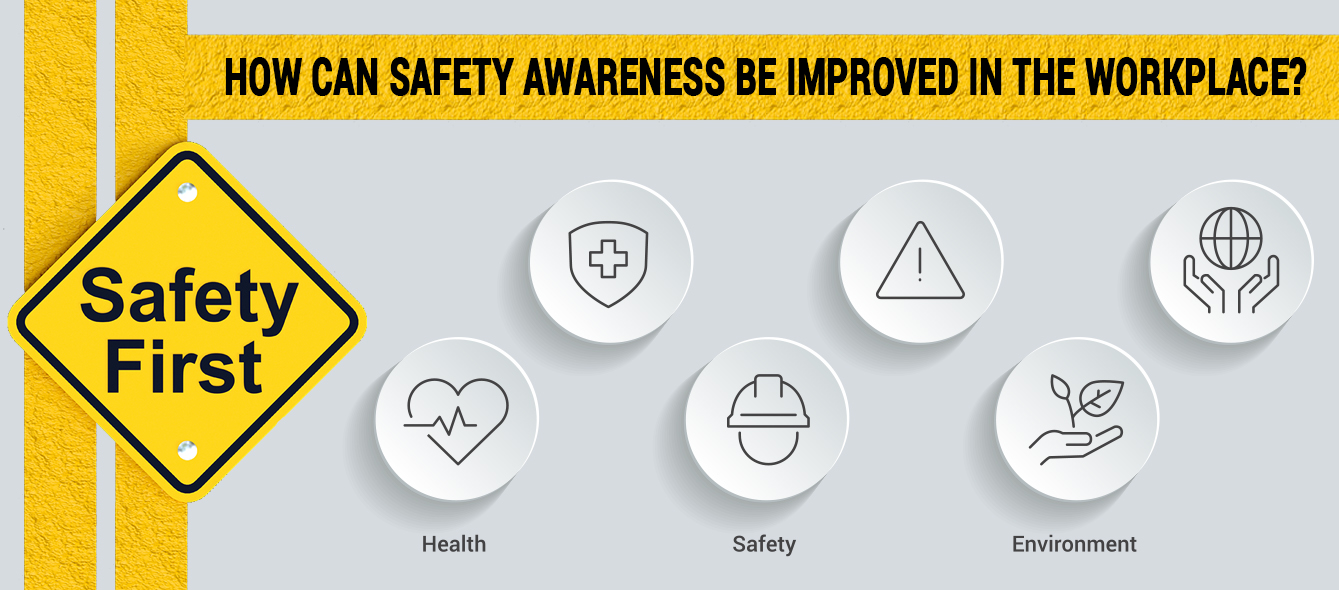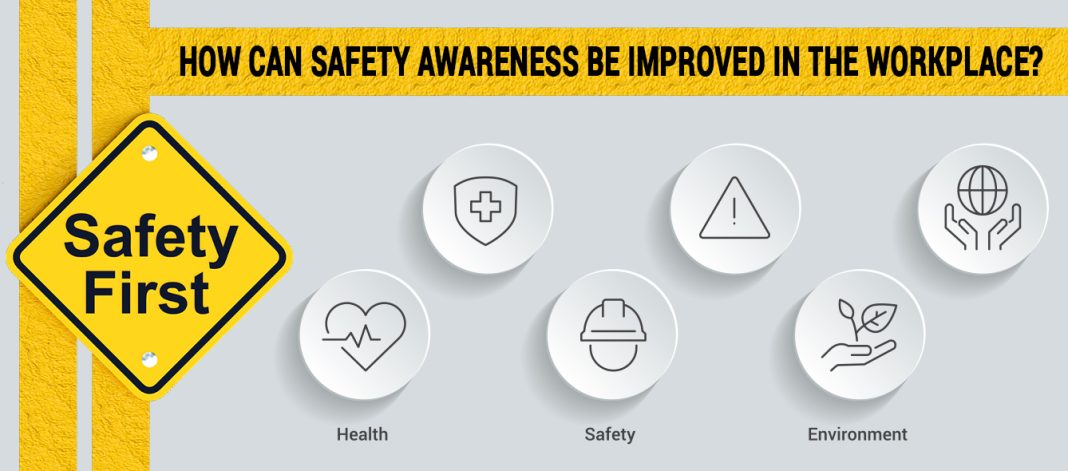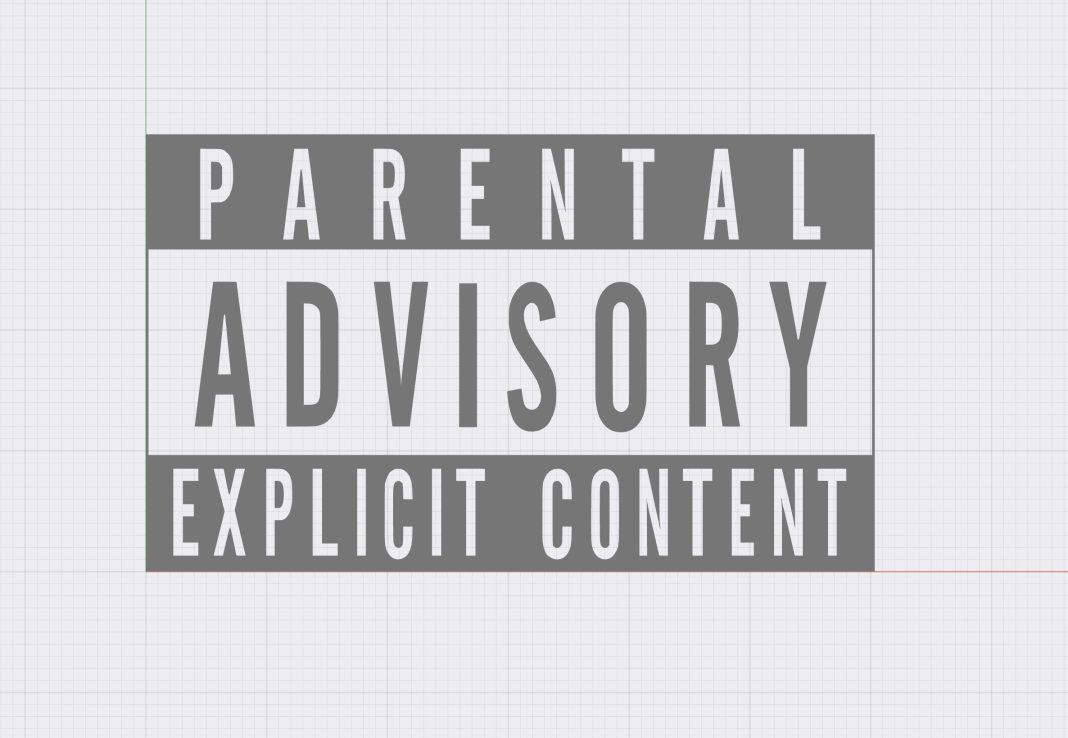
Title: Uber Ruling: Company Held Liable for Driver’s Death in Failed Carjacking
Introduction:
A federal appeals court has ruled that Uber bears a duty to exercise “reasonable care” in pairing riders with drivers, following a case involving the tragic death of Cherno Ceesay. Ceesay, an Uber driver, was fatally stabbed by two passengers attempting to steal his car. The court’s decision challenges the notion that there is no special relationship between Uber and its drivers, asserting that the company should be held accountable for their safety.
Uber’s Duty of Care to Drivers:
The U.S. Court of Appeals for the Ninth Circuit disagreed with the district court’s ruling that there was no special relationship between Uber and Ceesay. Instead, it emphasized that rideshare companies owe a duty of care to their drivers under Washington state law. The court drew a parallel between the relationship of a rideshare company and its drivers to that of an employer and employee, or a contractor and subcontractor.
Uber’s Control Over Driver-Rider Matchmaking:
The ruling highlighted that Uber maintained a significant level of control in matching drivers with riders, including the verification methods employed, the information disclosed to each party, and the company’s commitment to driver safety. Notably, Uber failed to disclose any suspicious rider profiles to Ceesay before he accepted their ride request. By relying solely on Uber’s matchmaking system, Ceesay had no meaningful information about the riders, except for their location.
Insufficient Information and Safety Measures:
Ceesay’s estate argued in the lawsuit that Uber provided drivers with minimal information about passengers and trip details until after the ride request was accepted. Moreover, Uber allegedly penalized drivers for declining or canceling rides. These practices left drivers vulnerable and ill-equipped to assess potential risks associated with passengers.
Implications for Rideshare Companies:
The court’s decision sets a precedent that could have significant implications for rideshare companies, compelling them to prioritize driver safety. Rideshare platforms must take proactive measures to ensure proper vetting of riders and provide drivers with essential information to evaluate potential risks. Failure to do so may result in legal consequences, as illustrated by this ruling.
Conclusion:
The recent ruling by the U.S. Court of Appeals for the Ninth Circuit holds Uber accountable for exercising “reasonable care” in matching drivers with riders. The court’s decision challenges the absence of a special relationship between Uber and its drivers, emphasizing the company’s duty of care. This ruling underscores the importance of prioritizing driver safety and providing them with relevant information to assess potential risks. Rideshare companies must adapt their practices to ensure the well-being of their drivers, ultimately enhancing the safety and trust of their platforms.

